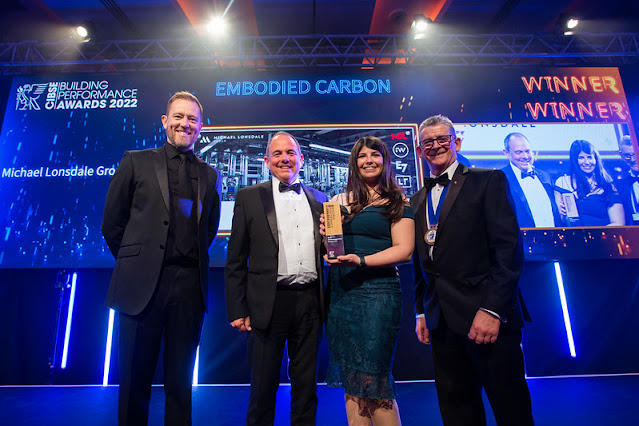Collaboration in action
By Geoff Prudence, Chairman of CIBSE Facilities Management Group
The task of a Facilities Manager is often a
challenging one. Over the last 20 years, the increasing number and complexity
of systems in place to operate, control and support systems within buildings
has made it necessary for the FM to have a wide range of understanding in more
and more areas. The CIBSE Facilities Management Group have long promoted the
need for greater understanding and collaboration with the controls industry to
improve the operation of buildings.
An added complication is the continuum of flaws
within a building’s design or materials that make the FM’s job harder, once
buildings are in their operational life. Small changes during the design
process will have a greater positive or negative impact (and cost) in the
operational life, but is an opportunity that must be taken.
 |
| Some buildings have inefficiencies baked into the design |
When CIBSE’s President Nick Mead also
supported the need for collaboration in his inaugural speech, he was talking
about work which will fundamentally alter the way that the disciplines involved
in building services work with each other to make buildings better, not just
tick boxes.
In line with that theme that Nick highlighted,
we were pleased to announce our arrangement with the Building Controls Industry
Association (BCIA), a strategic partnership that is key to our aims. As I have
said previously, building performance is an issue that resonates particularly
strongly with FMs, because they are the ones who have to manage a poorly
performing building long-term, if it isn’t constructed with effectiveness and efficiency
in mind.
It is essential that all professions grasp the opportunity
we now have to really take designs and operations of future buildings and
existing building retrofits to a new level. From its outline brief through to
orientation, shape, services and plant and workspace requirements, experienced
FM’s can add real value to any project. The Plan of Work, CIBSE Guides, BIM and
all the other Tools are there-We just need to make it happen!
And it’s that emphasis on the long term that
makes energy management so important to the Facilities Management Group. For an
FM with so many variables to account for when trying to optimise the efficiency
of their building, using energy management systems can be vital in keeping
track of it all in context and making sure they have the best chance of
success. But all this depends on having an energy management system that is
installed appropriately, commissioned correctly and operating to the highest
standards. CIBSE Certification's recent accreditation to certify energy management systems against ISO 50001 is a great leap forward, but it will require more in the industry to realise the benefits of such systems to affect the UK as a whole.
 |
| Energy Management Systems can be vital in keeping track of data |
It’s that long term aspiration, operational
excellence and energy performance in practice over the life of the building we
are thankfully seeing more of. There is opportunity to showcase this through
the 2015 CIBSE Energy Performance award which as well as projects has
categories for Facilities Management Operations and controls/improvements
through energy efficiencies.
Going forward, this will be the first of many
such agreements which will see the Facilities Manager make allies with the many
different industries who can contribute to the overall goal of managing energy
usage down to cut costs and carbon emissions: Lighters to emphasise the
importance of energy saving solutions, HVAC engineers to ensure that the
installed systems are commissioned properly, renewables engineers to ensure
that the building’s potential for green power is maximised.
By working with the BCIA, CIBSE Facilities
Management be working to promote awareness and best practice around operations,
controls in buildings and input/collaboration to designs for better outcomes.
After all we all want to make buildings work
more effectively-Don’t we?
.png)


Comments
Post a Comment